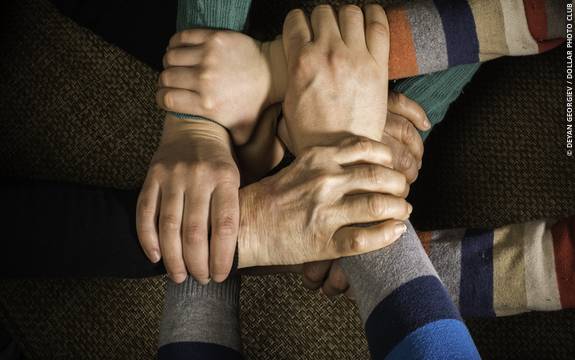Why Do We Help Other People?
When Darwin introduced his theory of natural selection - often referred to as 'survival of the fittest' - he revolutionized and crystallized thought and theory in regards to how traits evolve in species. In light of the theory of natural selection, your genes are the most precious thing in the world to you, and protecting your genes is your first priority. There were, however, some things that made little sense in light of that theory - altruism being one of them.
For Example...
Take the following situation:
You're walking down by the seashore and you hear a cry for help from a drowning swimmer. If you save that person, you are risking your own life - and your genes. You are also increasing the odds that their genes will survive. Based on that reasoning, instinct should prevent you from jumping into the water. But in real life, people don't think that way. In fact, most people will risk their lives to save another. Why would an individual reduce their chances for survival in order to help another to survive?
You Scratch My Back...
One of the most popular and well-accepted theories to explain the seeming dichotomy is 'reciprocal altruism'. The term was coined by Robert Trivers in 1971. His paper, "The Evolution of Reciprocal Altruism" introduced a mathematical model to explain why individuals within a society go out of their way to help each other when there is no immediate benefit to doing so.




























